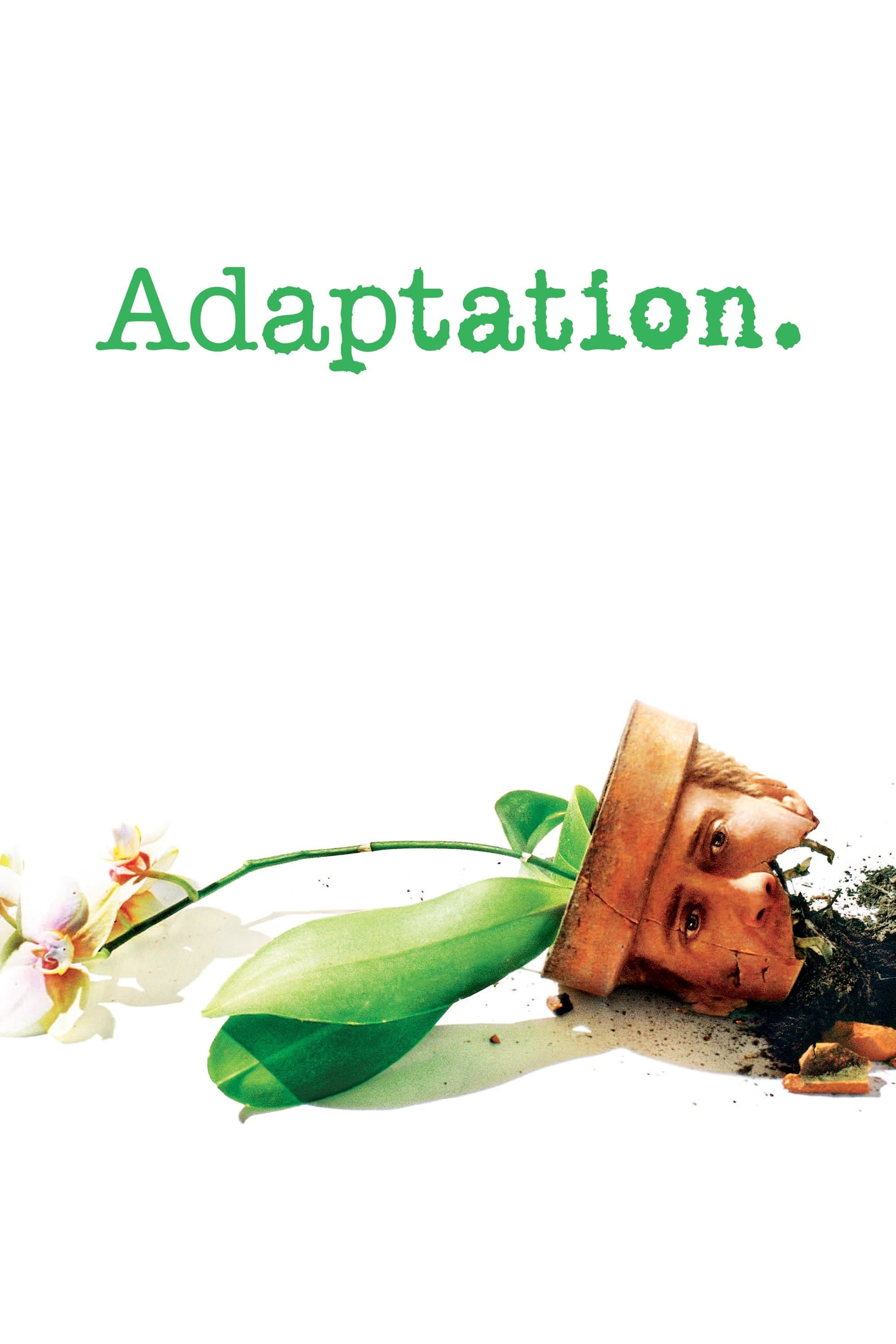
Adaptation.
2002
Rate this movie
Average: 0.00 / 5
(0 votes)
Director
From one of the most interesting young directors of recent times, Spike Jonze – a key figure in that wave of authors who redefined the cinematic landscape at the turn of the millennium – comes this complex and incredibly fascinating work. Following the critical and public success of Being John Malkovich, Jonze, in collaboration with the ingenious pen of Charlie Kaufman, further raises the bar of narrative audacity, crafting a film that is simultaneously a philosophical essay, a black comedy, and a metaphysical thriller.
A journey unfolding across no less than four different semantic planes – the chronicle of a theft, the creative process of a screenplay, the investigation into human nature, and the eternal dilemma between truth and fiction – all supported by absolutely extraordinary performances. Meryl Streep, in particular, is in a state of grace: her Susie Orlean is not only a faithful portrait of the author but a complex and layered figure, a crossroads of intellect and vulnerability, capable of radiating an almost hypnotic charm that transcends mere characterization. It is her magnetic presence that provides an emotional anchor to the whirlwind of speculation and neuroses that the screenplay, a true pinnacle of writing, masterfully orchestrates, making the dialectical confrontation – not only between characters but between ideas and genres – a cardinal point.
The story is divided into four sections, tracking four distinct characters linked to one another by the narrated events, like filaments of a complex neural network. Charlie and Donald Kaufman (both portrayed by Nicolas Cage in an acting tour de force that is in itself a metacinematic manifesto) are two screenwriter brothers experiencing a creative crisis. Cage embodies with rare mastery two sides of the same authorial neurosis: Charlie's self-destructive paralysis and intellectual anxiety on one hand, and Donald's drive for cruder entertainment, his naive but irresistible practicality, on the other. Their symbiotic relationship, comprised of envy, dependence, and a bizarre form of fraternal love, becomes the pulsating heart of an authorial schizophrenia that Kaufman brings to the screen with self-irony and sincere pain.
Charlie, in particular, must write a screenplay based on a novel by Susie Orlean about the narcoleptic power of certain orchids, titled “The Orchid Thief,” but he falls in love with the author and cannot get to grips with the screenplay, trapped in his own creative block and his inability to translate reality into fiction without distorting it. The fourth character is John Laroche, a small-time thief and con artist with a fair amount of charm, who finds an unexpectedly profound philosophy of life in his almost wild authenticity (a performance that earned Chris Cooper an Oscar for Best Supporting Actor). Laroche, with his almost anarchic energy and unassailable pragmatism, becomes the catalyst, the archetype of the "adapted" man par excellence, a living paradox that unmasks the hypocrisies of the intellectual world and narrative conventions.
All four characters involved must "adapt" to one another and find a mediation between their own selves and the character they are interacting with. An adaptation not only on an interpersonal level but also existential and psychological. The film's original title, "Adaptation," is a pun playing on a dual meaning: the Darwinian adaptation of orchids to any habitat they are introduced into, and the cinematic adaptation of Susie's novel that the two screenwriters must create. And in this play of mirrors, the word "adaptation" is not just a narrative double entendre or a scientific reference, but the prism through which the film reflects the human condition itself. It is the urgency to survive, to shed one's skin, whether it's a botanical species clinging to life in a new environment, or a creatively withered screenwriter who must bend to the laws of the market or, more profoundly, who must accept their evolving self.
Much of the book's semantic core is thus centered on the Darwinian concept of "adaptation," with John's statement to Susie being paradigmatic in this sense: "Change isn't a choice, it happens, and you find yourself different." A concise truth that stands as an epigraph to an existential and creative odyssey, a warning to flow with the inexorable current of becoming.
An absolutely brilliant subject for a film that breaks every preconceived pattern and becomes a breaking point from a certain kind of pre-packaged cinema to which Hollywood had accustomed us. Here, Kaufman's genius explodes. The film does not merely break the fourth wall; it ridicules it, reconstructs it, dismantles it, and reassembles it into a kaleidoscope of self-referentiality. It is a fierce satire on the creative process, on the obsession with the "good story" and on "writer's block," a theme Charlie Kaufman has explored with sadistic precision in other works too, but never with such audacity as to self-include himself in the narrative in a sort of meta-narrative squared. The film becomes its own making-of, its own authorial despair.
A metalanguage, that of Jonze and Kaufman, which self-interrogates about cinema and, in particular, about the meaning of filmmaking. Beyond its formal brilliance, what emerges is an almost psychoanalytic analysis of the artist, their fears, their neuroses, their (in)ability to translate the chaos of existence into a coherent and usable narrative. The parallelism with literary works such as Pirandello's Six Characters in Search of an Author or Borges's meta-narratives is not coincidental: Adaptation is the cinematic heir to that tradition which unhinges the diegesis to interrogate the very nature of fiction. Jonze and Kaufman, through this postmodern gem, invite us to reflect not only on what "filmmaking" means but also on what "being an author" means in the age of technical reproducibility and the hunger for narratives.
The solution probably lies in the film's title: a fierce spirit of adaptation that allows one to maintain a minimum waterline at any cost, surviving the text and the fury of adversities, even when these come from one's own mind. A work that, years later, continues to stimulate, entertain, and defy all expectations, confirming its position as one of the most original and intellectually stimulating films of the new millennium.
Country
Gallery
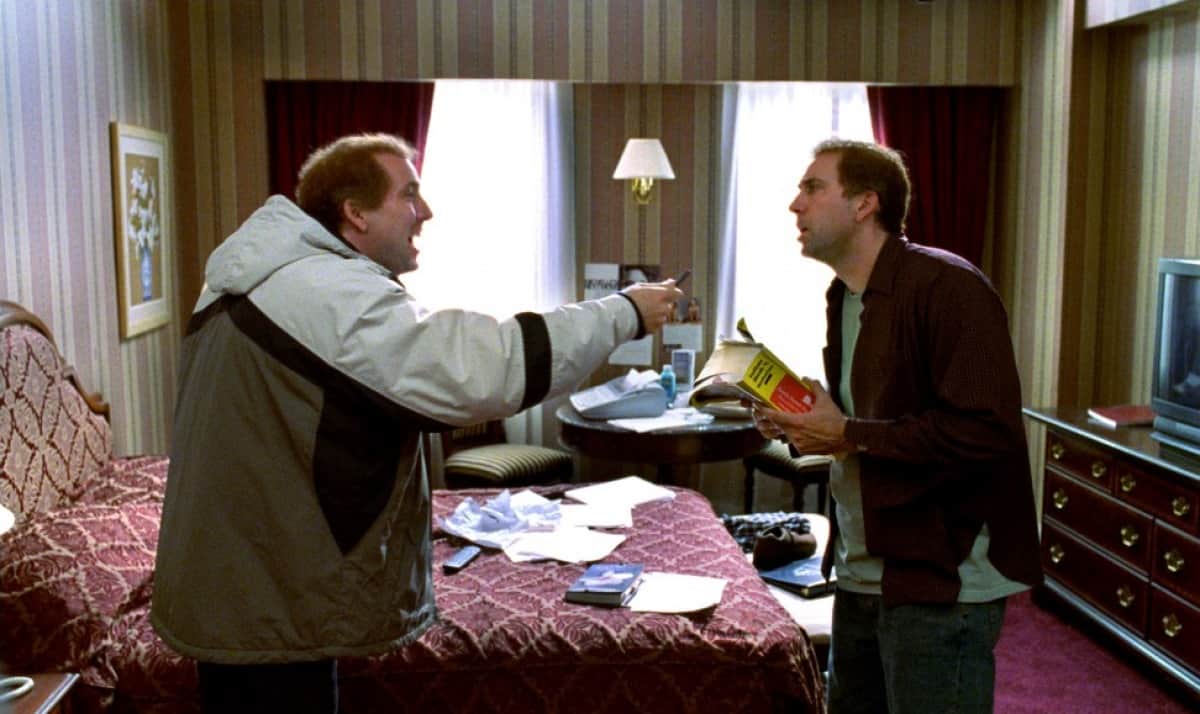
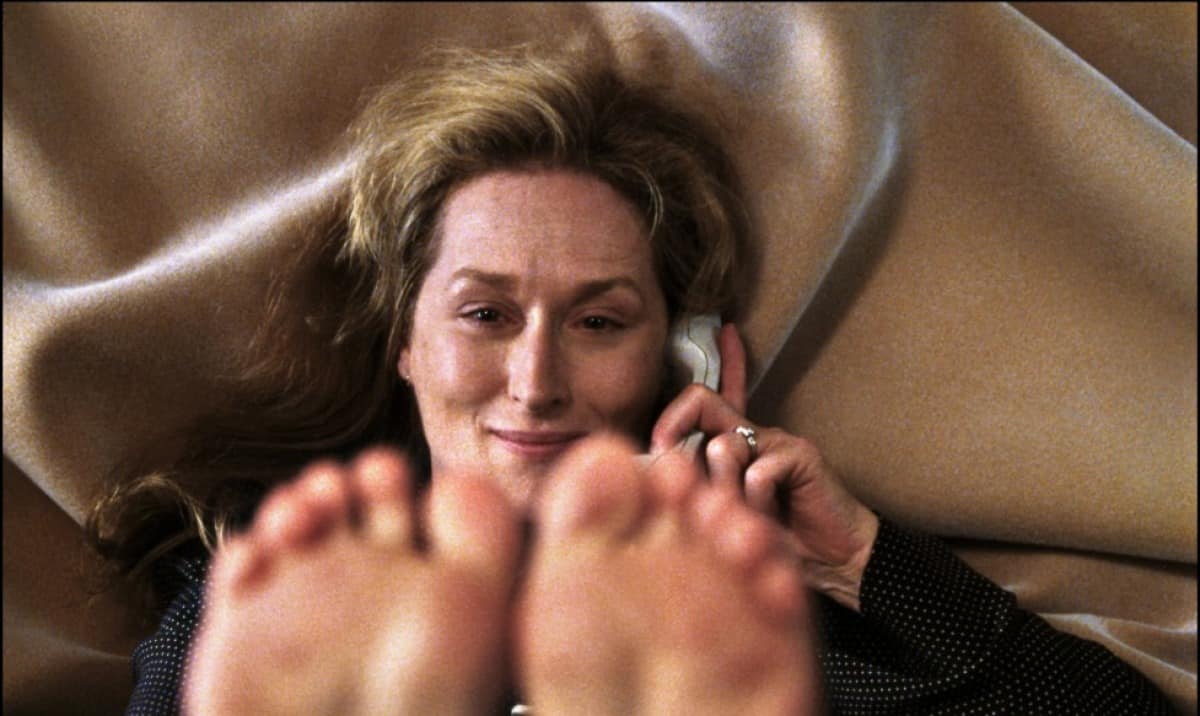

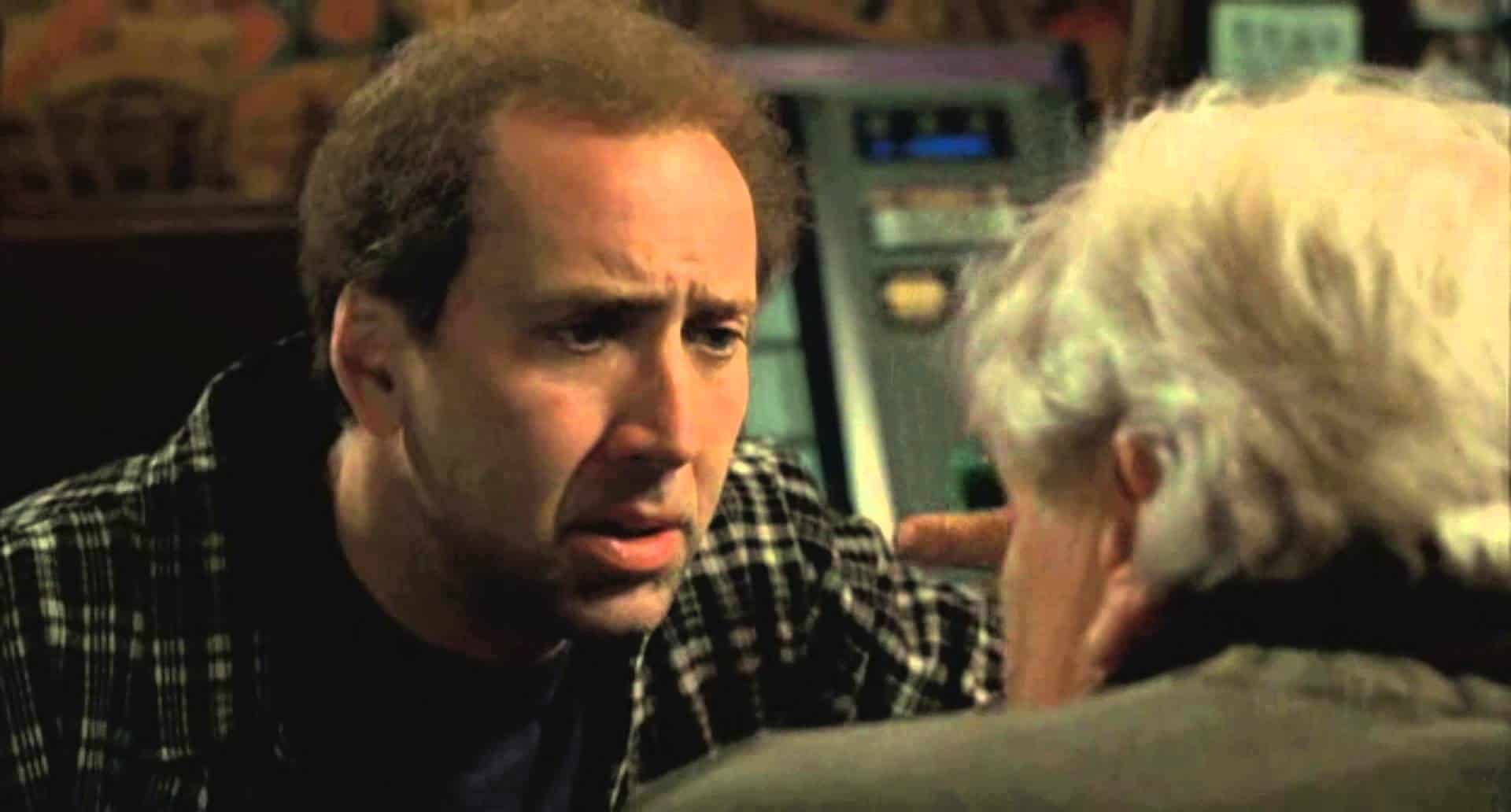
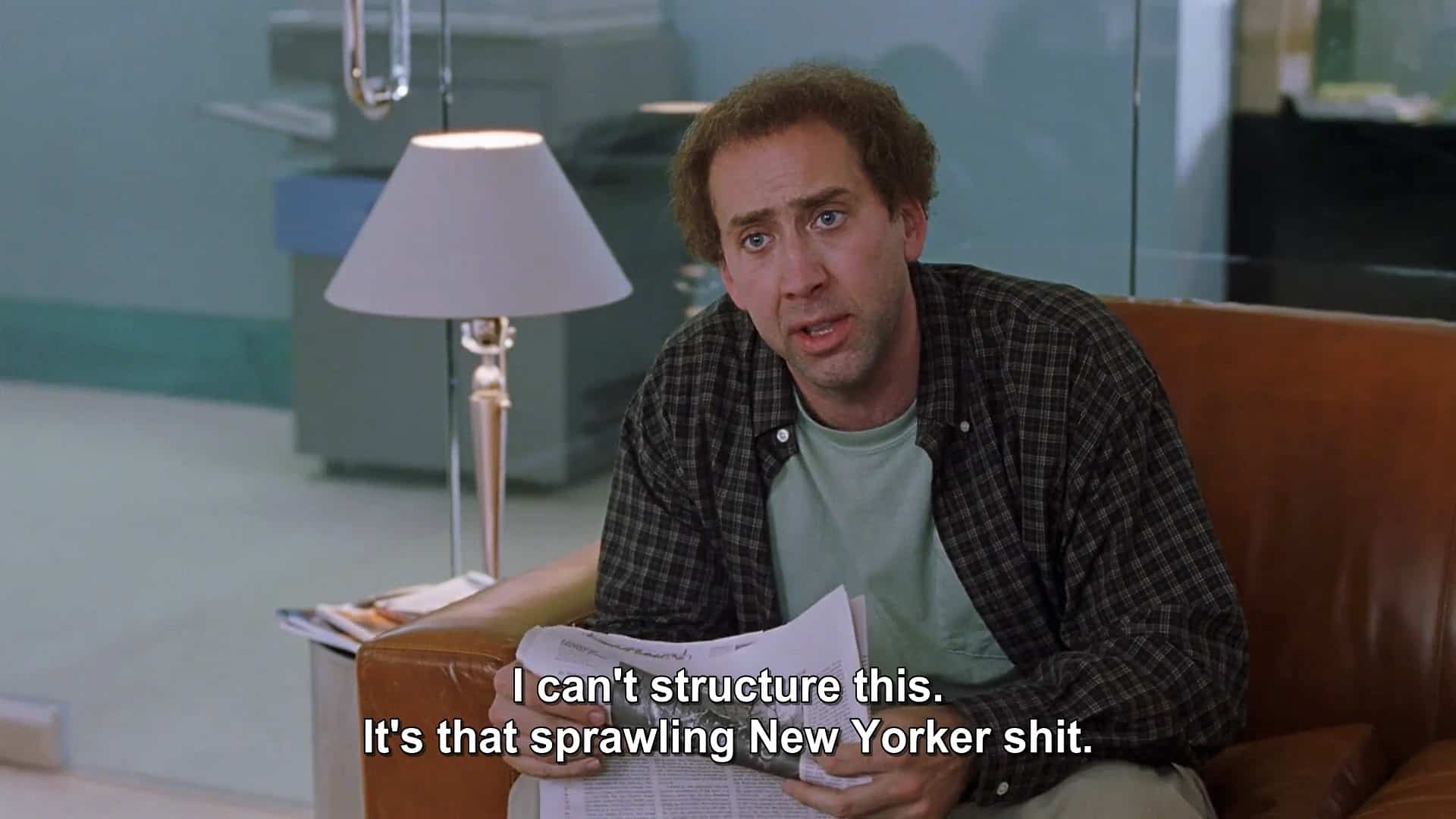
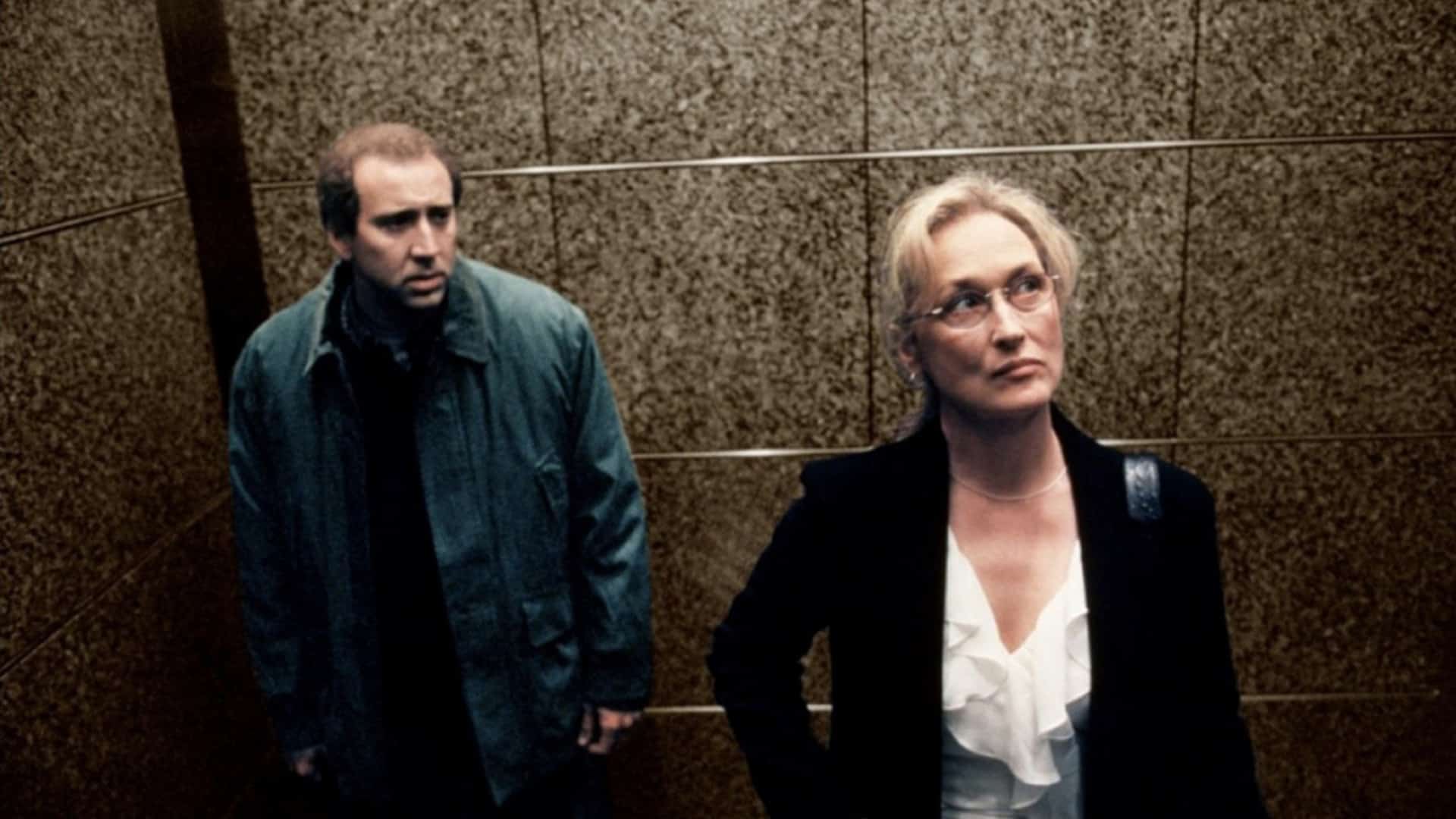
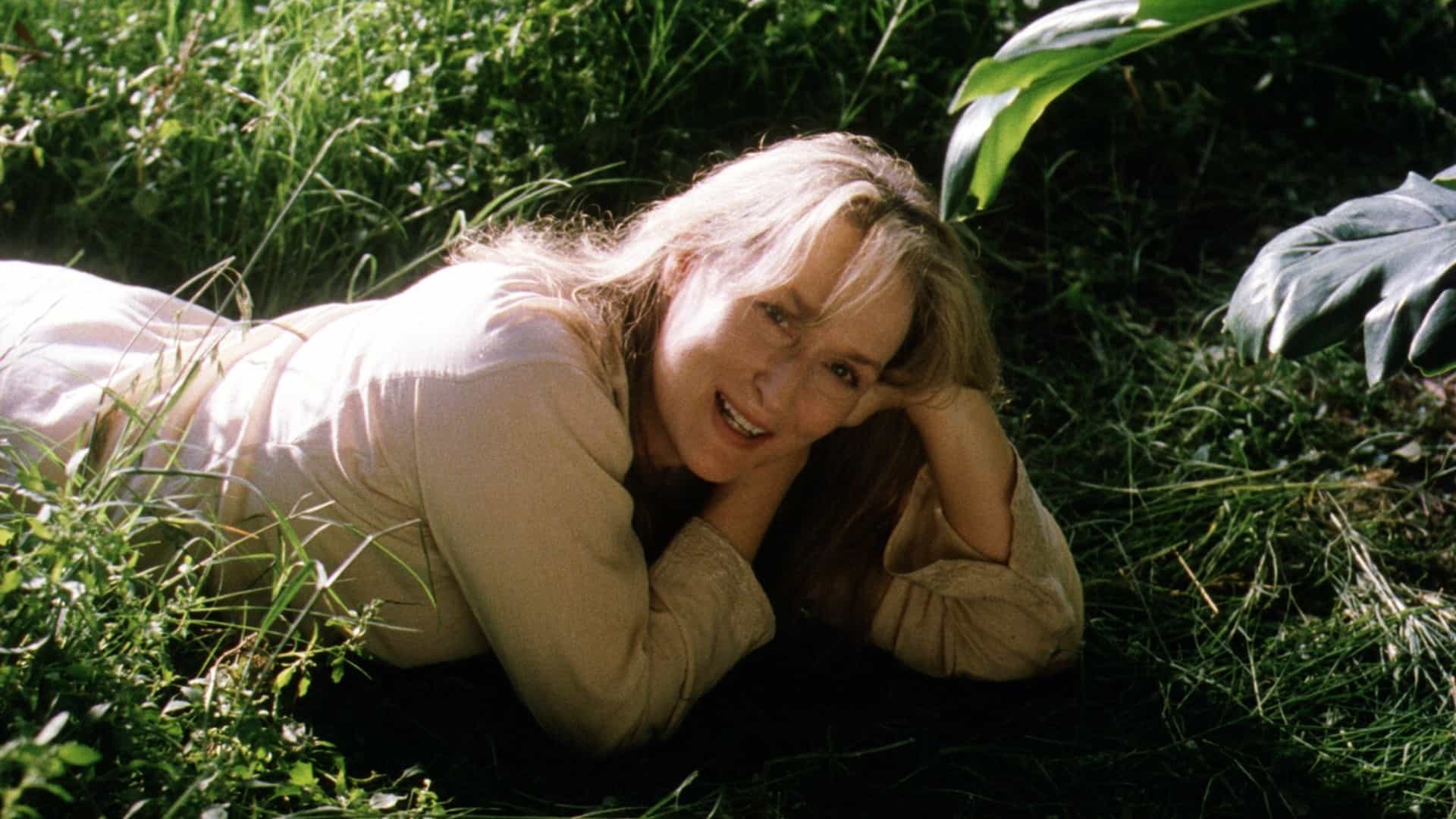
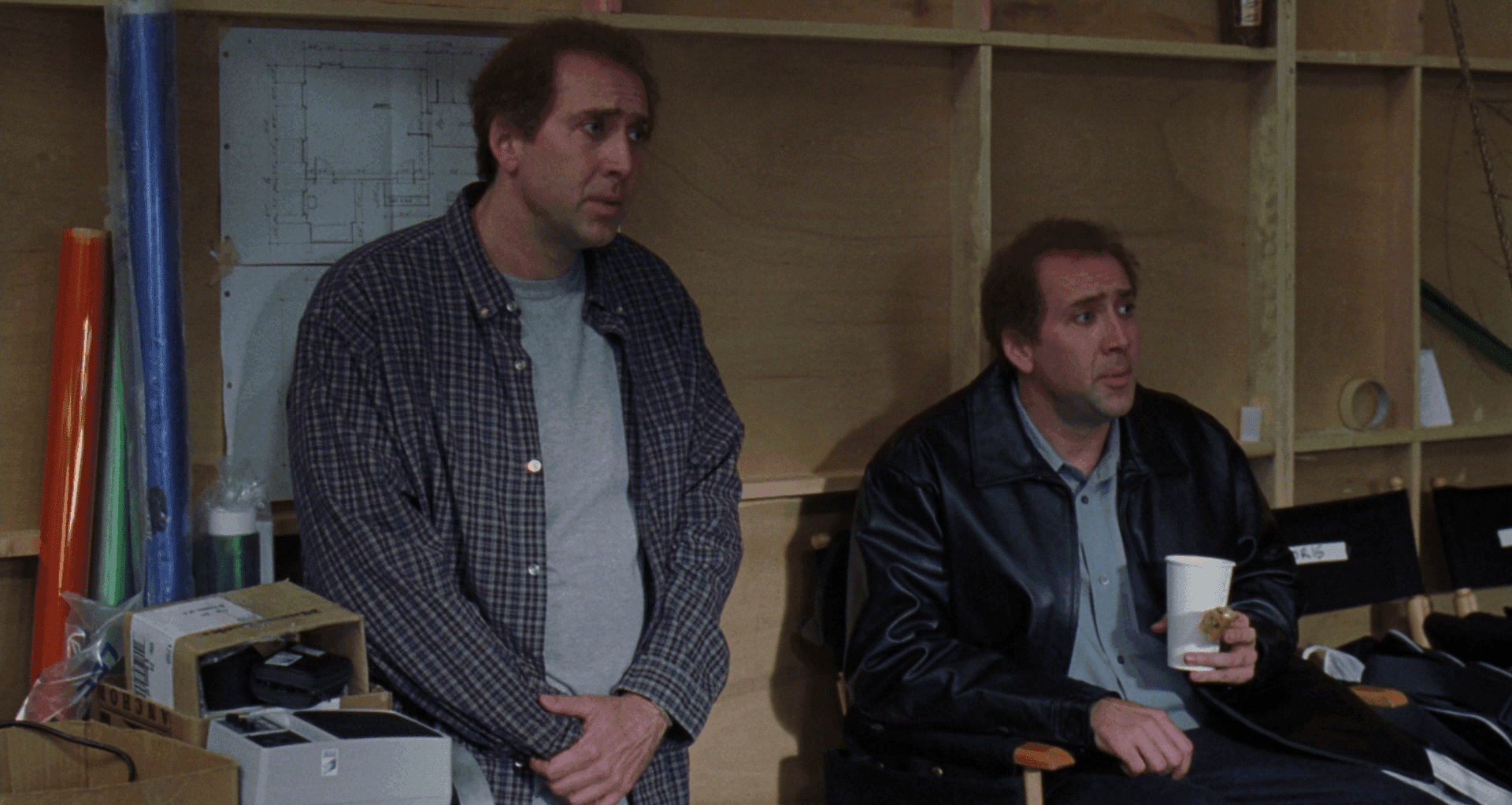
Featured Videos
Official Trailer
Comments
Loading comments...